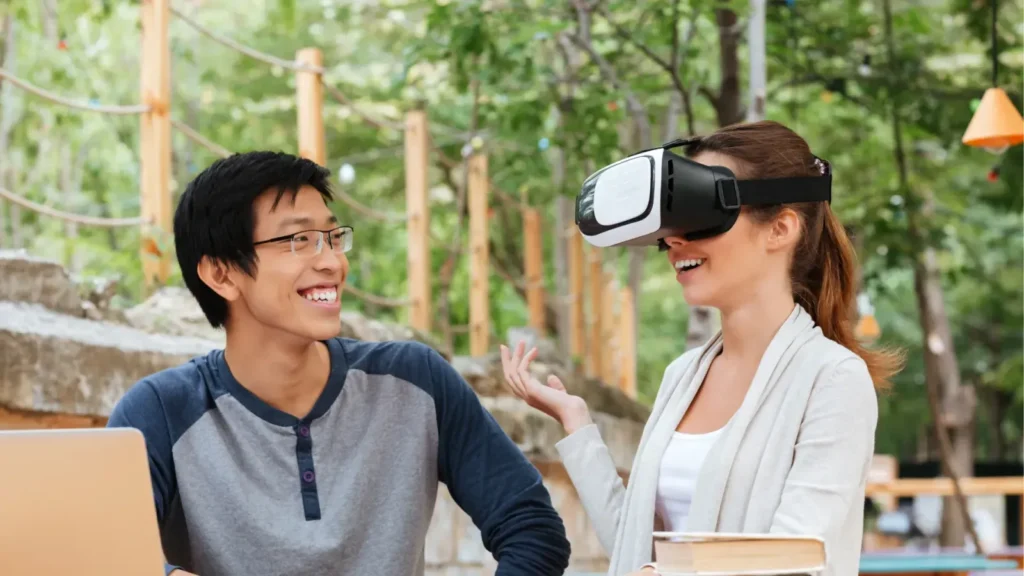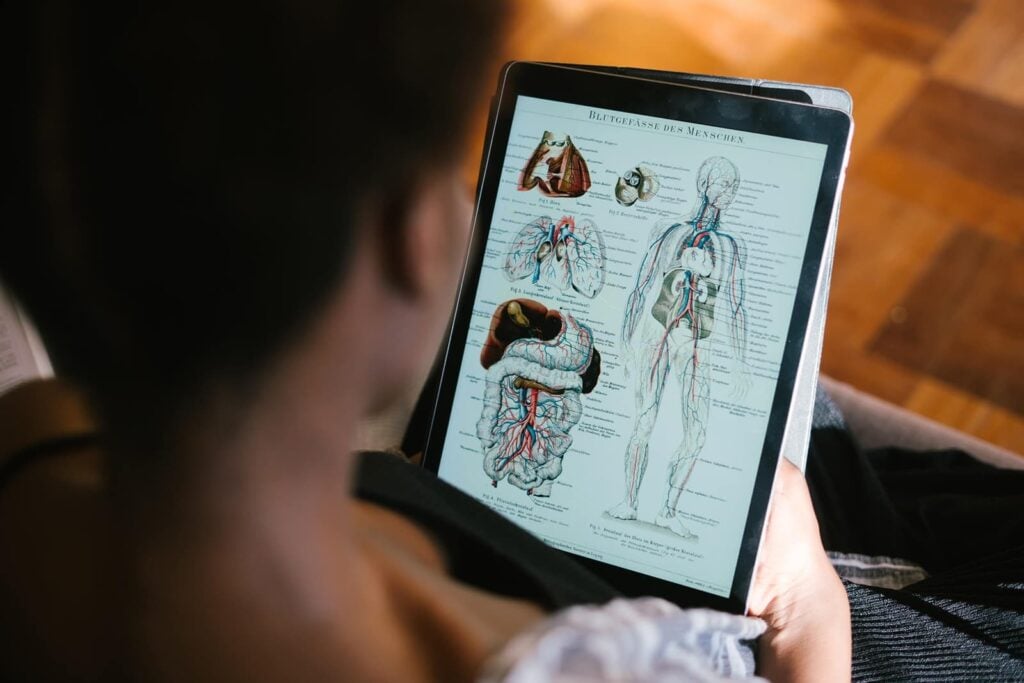VR can significantly enhance career exploration, develop social skills, and manage anxiety among students. Here’s how VR can support and engage students in impactful ways.
Unlock the potential of student counseling with VR! Dive into immersive career exploration, sharpen social skills, and manage anxiety effectively. Discover innovative ways to engage students and prepare them for future success.
As technology advances, virtual reality (VR) has emerged as a powerful tool in various educational settings, including school counseling. By creating immersive experiences, VR can significantly enhance career exploration, develop social skills, and manage anxiety among students, preparing them effectively for their future educational and career paths. This article explores the innovative ways VR can be incorporated into school counseling programs to support and engage students in novel and impactful ways.
VR for immersive career exploration
One of the most exciting applications of VR in school counseling is in the realm of career exploration. VR allows students to experience different career paths in a highly interactive and engaging environment. For example, a student interested in marine biology can dive into a virtual ocean and interact with marine life, all from the safety of their school. This immersive experience provides a deeper understanding of various professions, helping students make informed decisions about their future studies and career choices. Here are two ways to implement VR:
- Virtual job shadowing: Schools can set up VR sessions where students virtually shadow professionals in their daily work environments. This could range from surgeons performing operations to architects designing skyscrapers.
- Career simulation games: Students can engage in simulation games that mimic real-world tasks of different careers. For example, a VR game that simulates the day-to-day challenges of a business manager can give students insights into the skills and competencies needed for the role.
VR for social skills training
Social skills are crucial for academic and professional success. VR provides a controlled environment where students can practice and enhance their interpersonal skills without the real-world consequences of social faux pas. Here are a few examples:
- Interactive scenarios: Through VR, students can interact with avatars in various social settings, from classroom discussions to job interviews, allowing them to practice responses and receive feedback on their social strategies.
- Empathy development: VR experiences can also be designed to expose students to different cultural and social contexts, enhancing their empathy and understanding of diverse perspectives.
VR for anxiety management
Many students face anxiety, particularly related to performance and social interactions. VR can offer therapeutic scenarios that help students manage and reduce their anxiety levels. Here’s how:
- Relaxation techniques: VR environments can transport students to serene settings, such as a peaceful beach or a quiet forest, where they can learn and practice relaxation techniques.
- Exposure therapy: For students with specific anxieties, such as public speaking or attending large classes, VR can simulate these environments, allowing them to gradually desensitize to their fears in a controlled and safe manner.
Challenges and considerations
While the benefits of VR in counseling are vast, it is pertinent to consider the following:
- Cost and accessibility: Implementing VR technology can be expensive, and schools need to ensure it is accessible to all students without discrimination.
- Balance with traditional methods: VR should complement, not replace, traditional counseling techniques. A hybrid approach that uses both traditional and technological methods can provide the most comprehensive support.
Whether it’s through career exploration, social skills development, or anxiety management, VR has the potential to transform how students prepare for their future challenges and opportunities. By integrating VR into their programs, schools can provide students with engaging and effective experiences that prepare them well for both university and beyond.


